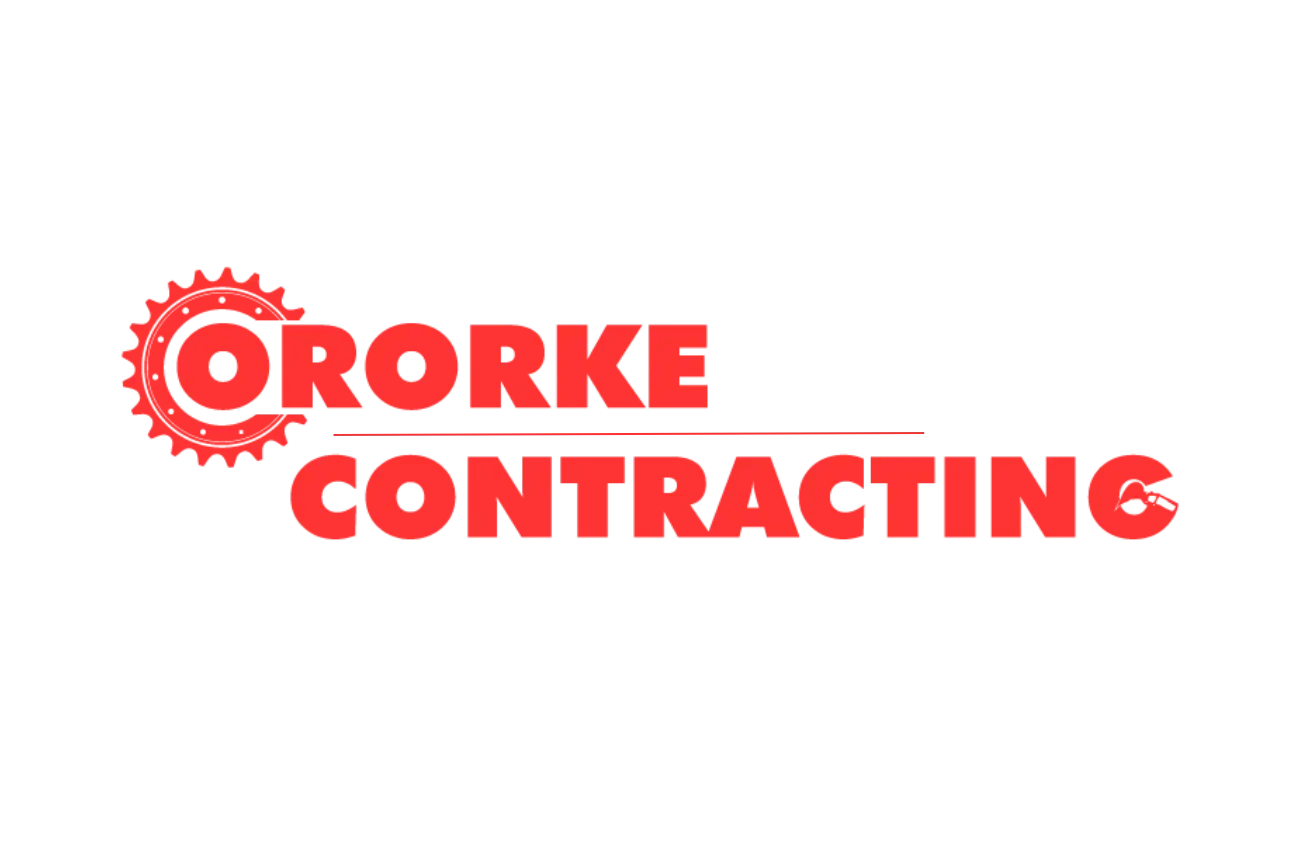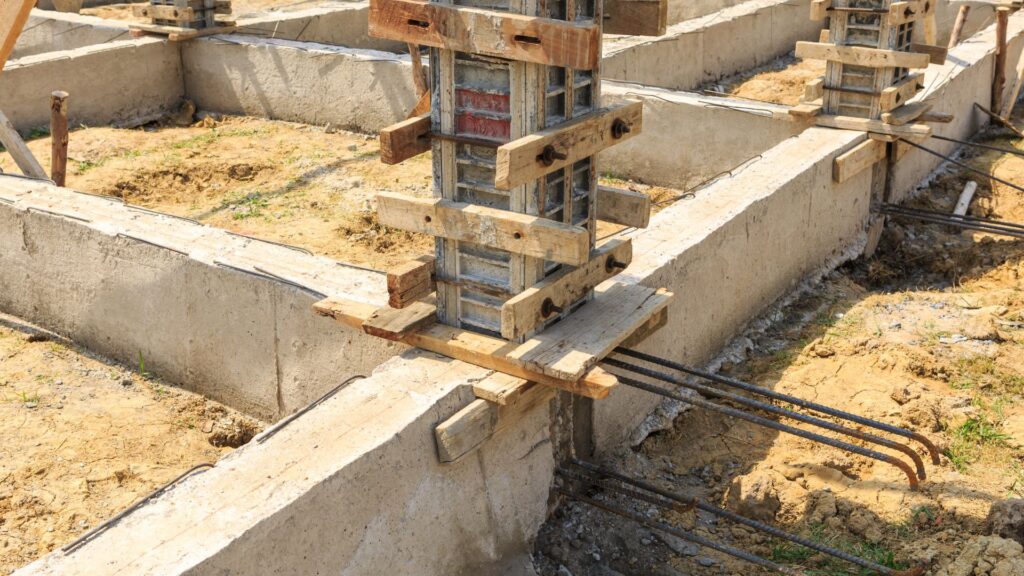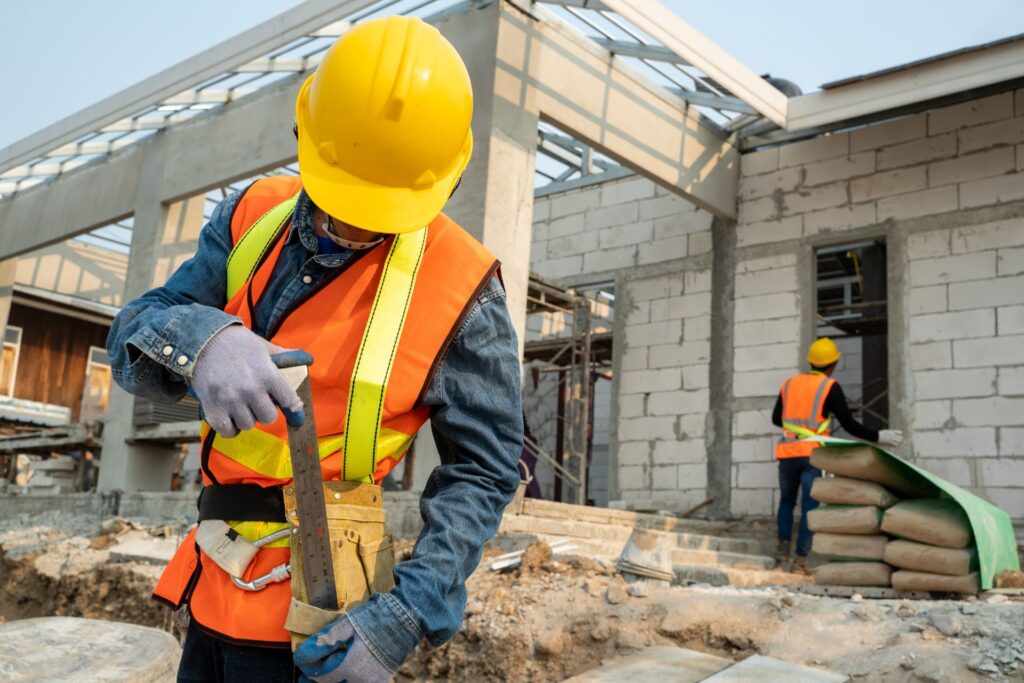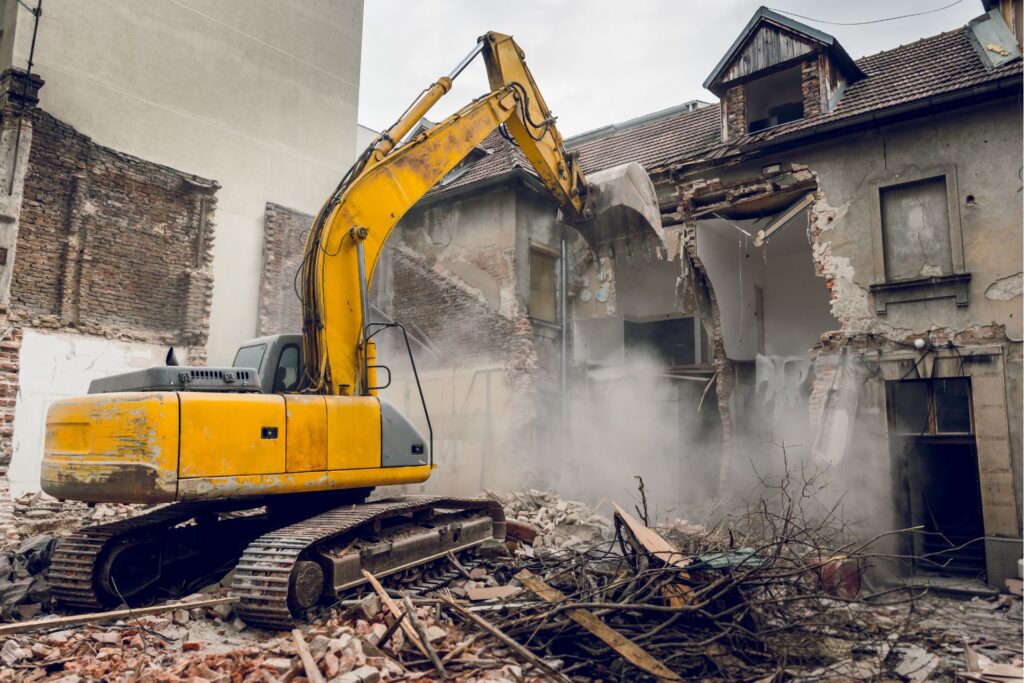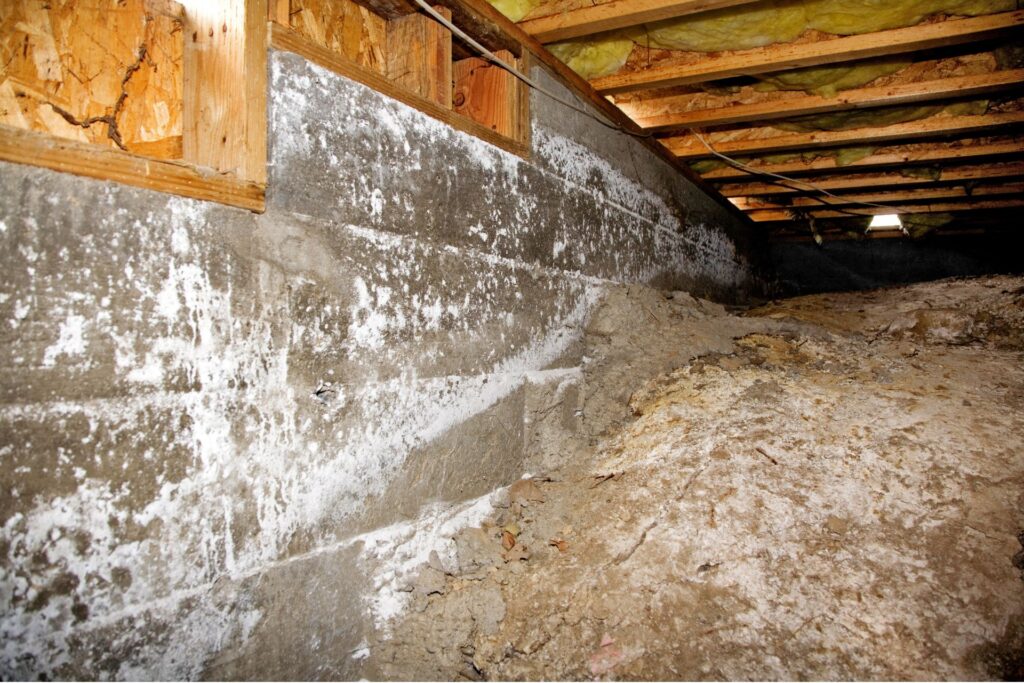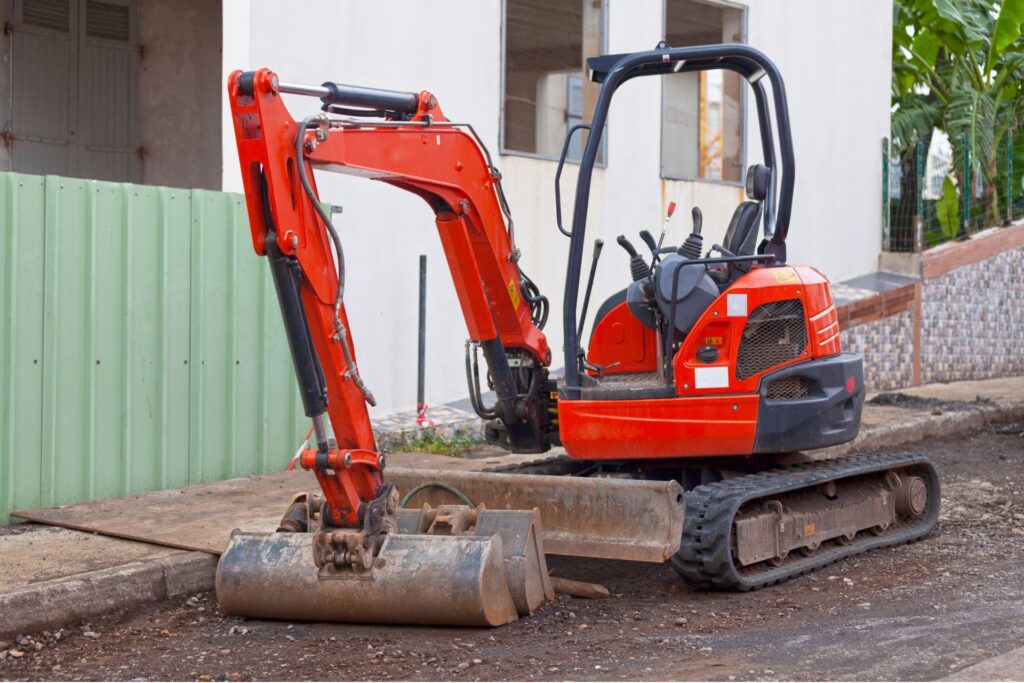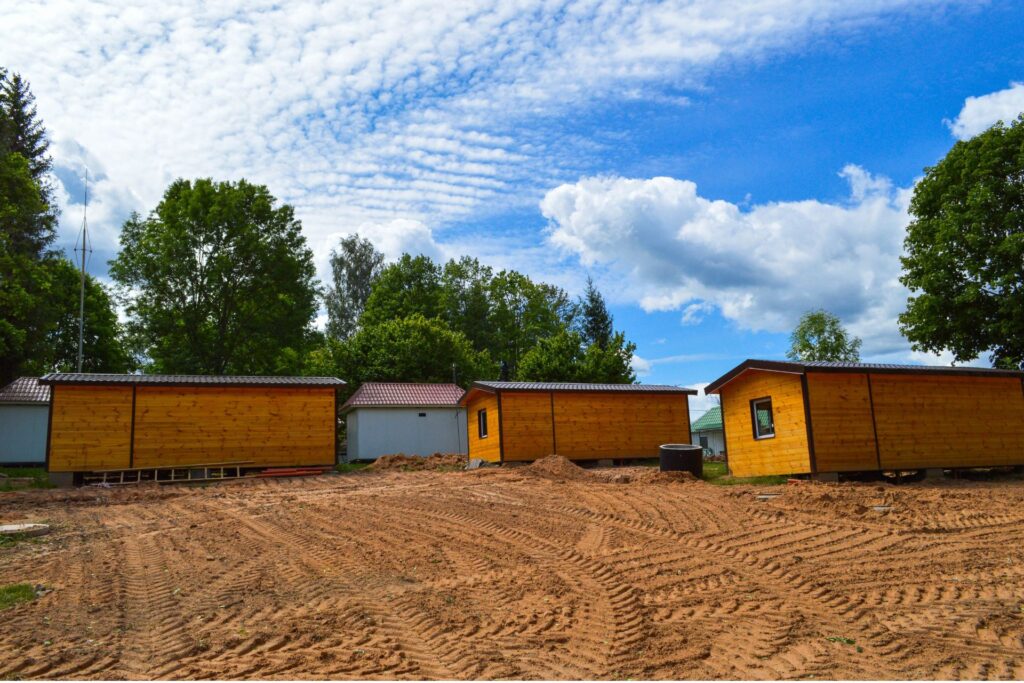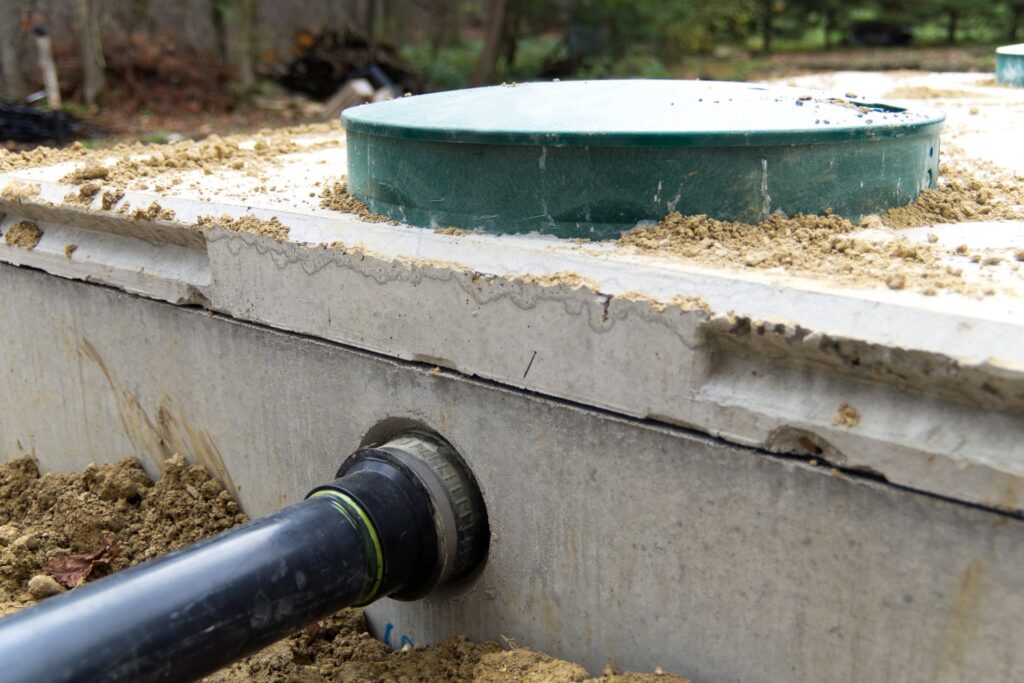Welcome to our guide on the cost to repile a house in Wellington, where we’ll break down what repiling means, why it matters for homeowners, and what you can realistically expect to pay if your property needs this essential work. Repiling is a major but often necessary project for many Wellington homes, especially older villas and bungalows built on timber piles, and understanding the costs, process, and key factors can help you make confident decisions about protecting your home’s safety, value, and future.
The cost to repile a house in Wellington typically ranges between $20,000 and $50,000, depending on the size of the home, soil conditions, accessibility, and the type of piles used. Smaller houses on flat sections may be closer to the lower end, while larger homes on steep sites can cost significantly more.
- What Does Repiling Mean?
- Signs Your House Might Need Repiling
- Average Cost To Repile A House In Wellington
- Factors That Affect The Cost To Repile A House In Wellington
- The Repiling Process: What To Expect
- How To Choose The Right Repiling Contractor
- Ways To Save On Repiling Costs
- FAQs: About Cost To Repile A House In Wellington
- Conclusion
What Does Repiling Mean?
Repiling is the process of replacing or repairing the piles that form the foundation of a house. In simple terms, piles are the vertical supports driven into the ground to hold up your home. Over time, these supports can weaken, rot, or shift, especially in areas like Wellington where soil movement, moisture, and age take their toll. When piles are no longer doing their job, the structure above becomes unstable, and repiling is the solution to restore strength and safety.
Repiling, Reblocking, And House Leveling – What’s The Difference?
These three terms are often used interchangeably, but they don’t mean the same thing:
- Repiling is when the original piles are completely replaced with new ones. This is common in older Wellington homes built on timber piles that have deteriorated.
- Reblocking is a term often used in Australia and sometimes in New Zealand, referring specifically to replacing old wooden stumps with new concrete ones.
- House leveling is slightly different. Instead of replacing all piles, contractors may adjust or pack existing piles to even out sloping floors and restore balance.
Knowing the difference matters because each service addresses foundation problems in its own way, and the costs and outcomes vary.
Why Repiling Matters For Older Wellington Homes
Wellington has many heritage villas and bungalows built on timber piles decades ago. These timber piles were never designed to last forever. They often rot due to damp conditions, become infested with pests, or shift because of earthquakes and uneven ground. When this happens, homeowners may notice cracked walls, doors that don’t close properly, or uneven flooring. Ignoring these warning signs can lead to more severe structural problems and higher repair costs down the track. Repiling ensures the home remains safe, insurable, and structurally sound.
Timber Piles Vs. Concrete Piles
Traditionally, many Wellington homes were built on timber piles, which are prone to rotting over time. While treated timber is still used today, modern repiling often relies on concrete piles because they are more durable and resistant to moisture and pests. Concrete piles provide greater longevity and stability, making them a popular choice for homeowners who want long-term peace of mind. In some situations, steel piles may also be considered, particularly for properties in challenging soil conditions.
Repiling is about more than just fixing an old foundation—it’s about securing the future of your home. For Wellington homeowners, understanding what repiling is, how it differs from other foundation services, and the materials available can make a huge difference when deciding on the right repair approach. By addressing foundation issues early, you can protect your home’s safety, preserve its value, and avoid more costly problems later.
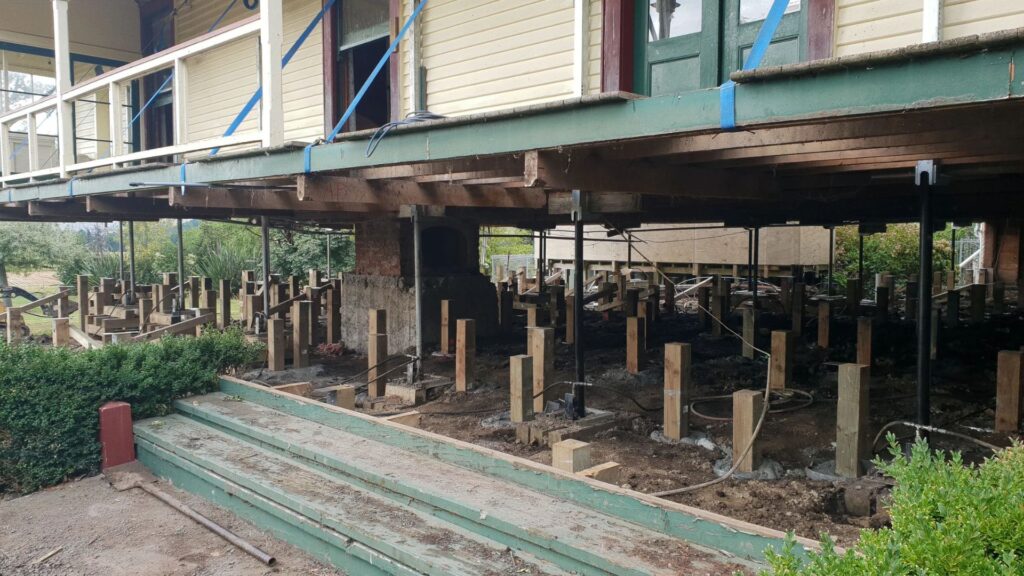
Signs Your House Might Need Repiling
Uneven Or Sloping Floors
One of the most obvious signs that your house may need repiling is when the floors no longer feel level. You might notice furniture leaning slightly or items rolling across the floor when dropped. In Wellington’s older homes, timber piles can deteriorate over time, causing certain areas of the house to sink. While a small slope may seem harmless at first, it often points to deeper foundation issues that need professional attention.
Doors And Windows Sticking
If you suddenly find yourself struggling to open or close doors and windows, this could be more than just a seasonal swelling issue. Misaligned frames are often caused by shifting foundations. Repiling helps realign the house so that doors and windows function properly again. Homeowners in Wellington frequently report this issue in villas and bungalows that sit on original timber piles, many of which have been in place for decades.
Cracks In Walls Or Gaps In Skirting Boards
Cracks appearing in walls, ceilings, or gaps forming between skirting boards and the floor are another clear signal. While small cosmetic cracks may be common, widening gaps usually mean the piles under your home are no longer supporting the structure evenly. Ignoring these signs can lead to more extensive and expensive damage down the line.
Dampness Or Rotting Piles Visible Under The House
Moisture is a big problem for houses in Wellington, particularly those built on damp or sloping sites. Over time, untreated timber piles can rot, and even treated piles may weaken if exposed to water for long periods. If you crawl under your house and see crumbling, soft, or decaying piles, it’s a serious red flag that repiling is required to keep your home stable and safe.
Relatable Homeowner Scenarios
Imagine walking across your living room and feeling a noticeable dip underfoot, or trying to shut your kitchen window only to find it jammed tight. Maybe you have noticed cracks spreading across your lounge wall after a particularly wet winter. These everyday frustrations are not just cosmetic—they are signs of a foundation problem that could compromise the safety and value of your property.
Recognizing these early warning signs can save you thousands in future repairs. If your home in Wellington shows any of these symptoms, it’s best to arrange a professional inspection. Repiling might feel like a big project, but acting quickly ensures your house remains safe, level, and comfortable for years to come.
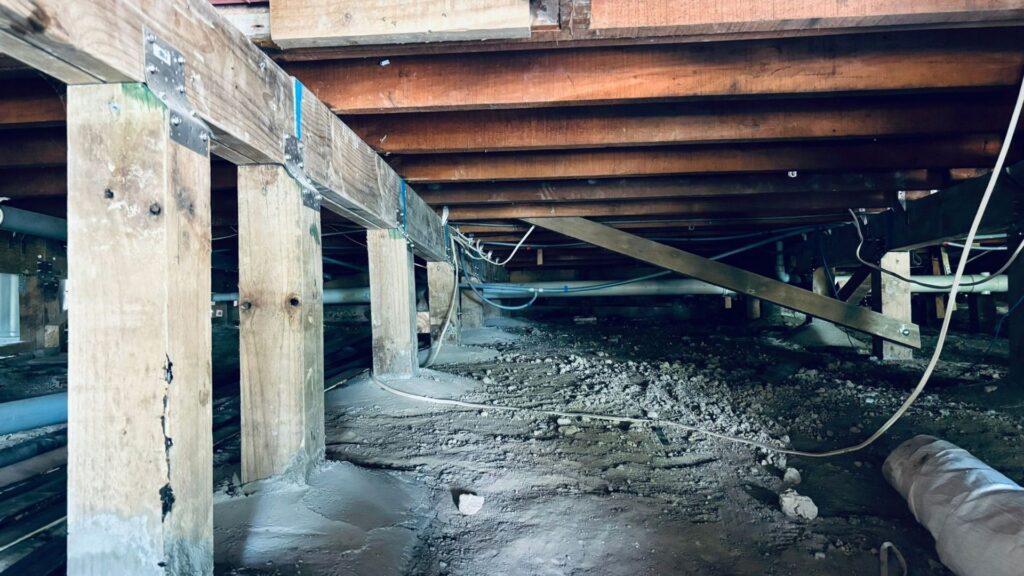
Average Cost To Repile A House In Wellington
When it comes to repiling a house in Wellington, most homeowners can expect costs to fall within the range of $20,000 to $50,000. The final price depends on a number of factors, including the size of your home, the type of piles required, the accessibility of your property, and the condition of the existing foundation. Smaller houses on level ground are generally less expensive, while larger properties or those located on steep, hilly sites around Wellington can push costs toward the higher end.
For homeowners looking at costs on a more granular level, some contractors may provide estimates based on square metre rates. While these rates vary depending on the complexity of the project, they can be a useful way to compare quotes when you are researching different repiling specialists. Keep in mind, however, that square metre pricing may not capture hidden issues such as rotten piles, drainage problems, or difficult soil conditions.
When comparing Wellington to other parts of New Zealand, costs often sit slightly higher due to the region’s unique geography and challenging terrain. Homes built on hillsides or properties with limited access may require additional equipment and labour, which increases the overall project price compared to flatter regions like parts of Canterbury or Waikato. This makes repiling in Wellington a more specialised service that requires local expertise.
It is important to remember that every house is different, and no two repiling projects are exactly alike. The only way to get an accurate figure for your home is to schedule a professional inspection and request a tailored quote. This allows the contractor to assess your foundation, soil conditions, and access requirements before giving you a final price.
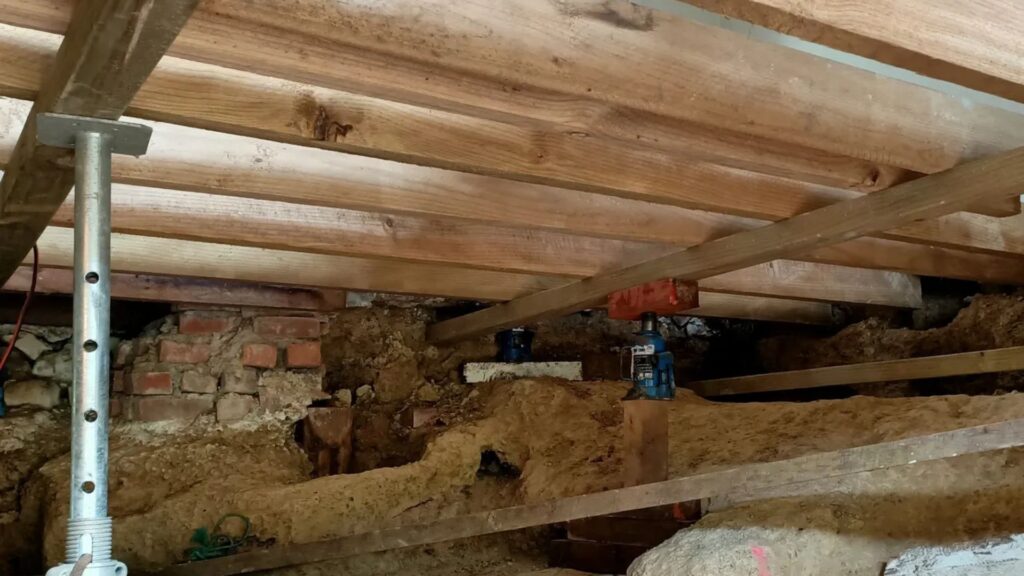
Factors That Affect The Cost To Repile A House In Wellington
When planning a repiling project in Wellington, there isn’t a one-size-fits-all price. Several factors can raise or lower the final cost, and understanding these can help you budget more effectively. Below are the key elements that influence how much you’ll pay.
Size Of The House
- The larger the property, the more piles are needed.
- A small cottage may only need a limited number of piles replaced, keeping the costs toward the lower range.
- A large villa, especially those common in Wellington’s older suburbs, can require hundreds of piles, which pushes the budget higher.
Accessibility
- Homes on flat, open land are easier and cheaper to repile.
- Steep Wellington hillsides or houses with difficult access may require special equipment and extra labor.
- Limited entry for machinery or trucks often leads to higher costs because the work becomes slower and more complex.
Soil Conditions
- Soil type under the house plays a big role in cost.
- Rocky ground can make excavation more difficult and time-consuming, while soft soil may need deeper piles for stability.
- Wellington’s varied terrain means some suburbs are more expensive for repiling than others.
Type Of Piles Used
- The material you choose directly affects pricing.
- Timber piles are common and generally cost less, but they may not last as long as concrete or steel.
- Concrete piles are durable and widely used for modern projects, while steel piles are often chosen for challenging soil conditions, though they come with a higher price tag.
Extent Of Damage
- A partial repile, where only damaged piles are replaced, is more affordable.
- A full repile, required for homes with widespread foundation issues, will cost significantly more.
- The level of structural damage can also impact whether additional reinforcement is needed.
Additional Repairs Needed
- Repiling often uncovers hidden issues.
- Problems with plumbing, drainage, or retaining walls can add to the budget.
- While these repairs increase upfront costs, fixing them during repiling prevents further damage and saves money long term.
Council Permits And Compliance Costs
- Repiling in Wellington requires building consent from the local council.
- Costs include application fees, inspections, and ensuring the project meets New Zealand building standards.
- Compliance adds to the total but ensures the safety and legal standing of your property.
Repiling costs vary widely in Wellington because every home has its own challenges. From the size of your house to the soil it stands on, each factor adds up to shape the final price. By understanding these variables, you can approach contractors with clearer expectations and budget smarter for your project.
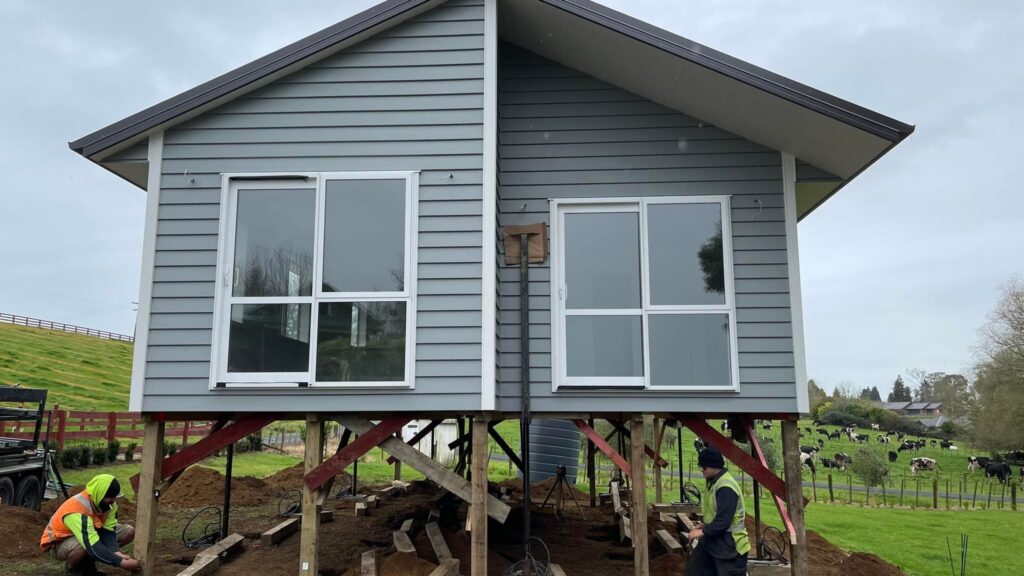
The Repiling Process: What To Expect
Repiling may sound like a complicated project, but understanding each stage can make it far less overwhelming. Whether you own a villa in central Wellington or a modern home on the hills, the process usually follows the same clear steps.
- Initial Inspection And Quote
The first stage is a thorough inspection carried out by a qualified repiling contractor. They will crawl under the house, assess the condition of the existing piles, and identify any signs of damage or uneven settlement. From here, you’ll receive a detailed quote that breaks down costs, materials, and expected timelines. This step is vital because it gives you an honest picture of what your home needs before work begins. - Council Consent Process
In Wellington, most repiling projects require building consent from the local council. Contractors usually handle the paperwork, but it’s important to allow time for approvals. This ensures the work complies with building codes and safety regulations, giving you peace of mind that the new foundations meet modern standards. - Lifting The House Safely
Once consent is granted, the team will carefully lift the house using hydraulic jacks. This step allows access to the old piles without damaging the structure above. Professional lifting is a precise task and must be done gradually to keep the home stable. - Replacing Old Piles With New Ones
With the house raised, the old piles are removed and replaced with new, durable materials such as treated timber, concrete, or steel. Each new pile is installed to the correct depth and alignment to provide long-term support. Contractors often take this opportunity to address any drainage or subfloor issues while the house is elevated. - Timeframes For Repiling
The duration depends on the size of your home and site conditions, but most Wellington repiling projects take three to six weeks. Weather, access challenges, and council inspections can also influence timelines. - Safety Measures And Living Arrangements
Repiling involves heavy machinery and structural adjustments, so strict safety measures are in place throughout the process. While some homeowners remain in the property during works, it can be noisy, disruptive, and sometimes unsafe. Many families choose temporary accommodation until the project is completed.
Understanding the repiling process step by step helps you prepare for what’s ahead and reduces the stress of such a large project. By knowing what to expect, you’ll feel more confident when working with contractors and making decisions about your home’s foundation.
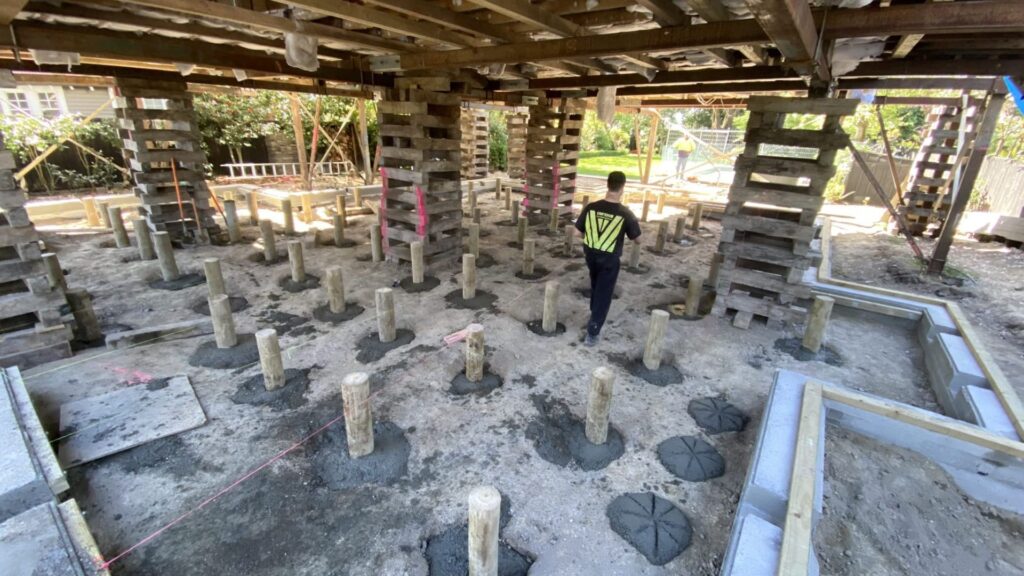
How To Choose The Right Repiling Contractor
When it comes to repiling your home in Wellington, choosing the right contractor is just as important as understanding the costs. A poorly chosen contractor can lead to delays, hidden expenses, or even unsafe work. By taking the time to evaluate your options carefully, you can protect both your home and your investment.
Check Qualifications And Licenses
Start by ensuring the contractor is licensed to carry out building work in New Zealand. A licensed building practitioner (LBP) has the training and approval to handle structural projects like repiling. This isn’t just a box to tick—it’s about ensuring the person working under your house is legally and professionally equipped to do the job right.
Ask For References And Past Projects
Reputation matters in the construction industry. Ask for examples of previous repiling jobs the contractor has completed. Photos, case studies, or even speaking directly to past clients can give you valuable insight into their workmanship and reliability. If a contractor hesitates to provide references, treat that as a warning sign.
Get Multiple Quotes, Not Just One
Repiling is a big investment, so don’t settle for the first price you receive. Gather at least two to three quotes from different Wellington contractors. This allows you to compare not only costs but also what is included in the service. Be cautious of quotes that are far lower than others—they may cut corners or exclude essential work that could cost you more later.
Importance Of Insurance And Guarantees
Always ask about insurance coverage. A reputable contractor should carry public liability insurance and offer a clear guarantee on their work. This protects you in case something goes wrong during or after the repiling process. Guarantees also give peace of mind that the piles and workmanship will stand the test of time.
Local Experience In Wellington Conditions
Repiling in Wellington comes with unique challenges. Many homes sit on steep hillsides, and the region is also prone to earthquakes. A contractor with local experience will understand the soil types, terrain, and building regulations that are specific to the area. This knowledge makes a significant difference in the quality and durability of the repiling work.
Choosing the right repiling contractor in Wellington requires more than just comparing prices. By checking qualifications, reviewing past projects, asking the right questions, and confirming local expertise, you’ll be well on your way to finding a professional you can trust to protect your home’s foundation.
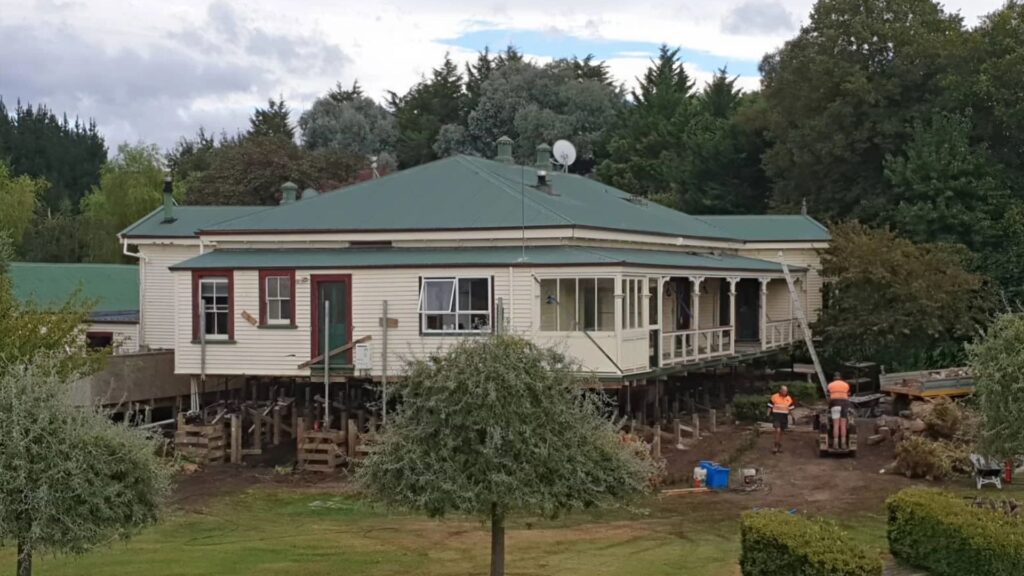
Ways To Save On Repiling Costs
Repiling a house in Wellington can be a significant investment, but there are smart ways to manage expenses without cutting corners on safety or quality. By making informed choices and planning ahead, you can keep costs under control while still ensuring your home’s foundation remains strong for years to come.
Early Inspections To Catch Problems Before They Worsen
One of the best ways to reduce repiling costs is to act early. A professional inspection can identify issues before they escalate into serious structural damage. For example, minor signs such as small cracks, uneven floors, or damp timber piles can often be addressed at a lower cost compared to waiting until the piles fail completely. Early detection means you can plan repairs on your own terms rather than facing urgent and expensive fixes later.
Combining Repiling With Other Renovations
If you are already planning major work on your home, such as bathroom upgrades, kitchen remodeling, or extensions, consider scheduling repiling at the same time. Contractors often provide better pricing when multiple projects are bundled together, and it can save you money on council consent fees, labor, and even temporary accommodation costs. Coordinating renovations ensures your home is lifted and restored only once, rather than paying for repeated disruptions.
Choosing Cost-Effective But Durable Materials
The type of piles you select will have a direct impact on the total cost of repiling. Treated timber piles are usually the most affordable option, while concrete and steel piles are more expensive but last longer. A good strategy is to weigh the upfront cost against long-term durability. For example, spending slightly more on materials with a longer lifespan can save you from having to repile again within a few decades. Always discuss material options with your contractor and ask about warranties for added peace of mind.
Comparing At Least 2–3 Contractors
Never settle for the first quote you receive. Prices for repiling can vary significantly between contractors in Wellington, and getting at least two or three quotes allows you to compare costs, timelines, and included services. When comparing contractors, look beyond price—check for experience, references, and insurance coverage. Choosing the right professional ensures the job is done properly the first time, saving you from expensive corrections down the line.
Saving money on repiling doesn’t mean compromising on quality. With early inspections, smart planning, durable materials, and careful contractor selection, you can protect your Wellington home’s foundation without overspending. The key is to make proactive choices that balance both cost and long-term value.
Ready to find out the exact cost for your home? Get a free, no-obligation quote from trusted Wellington repiling experts today and take the first step toward securing your property’s foundation.
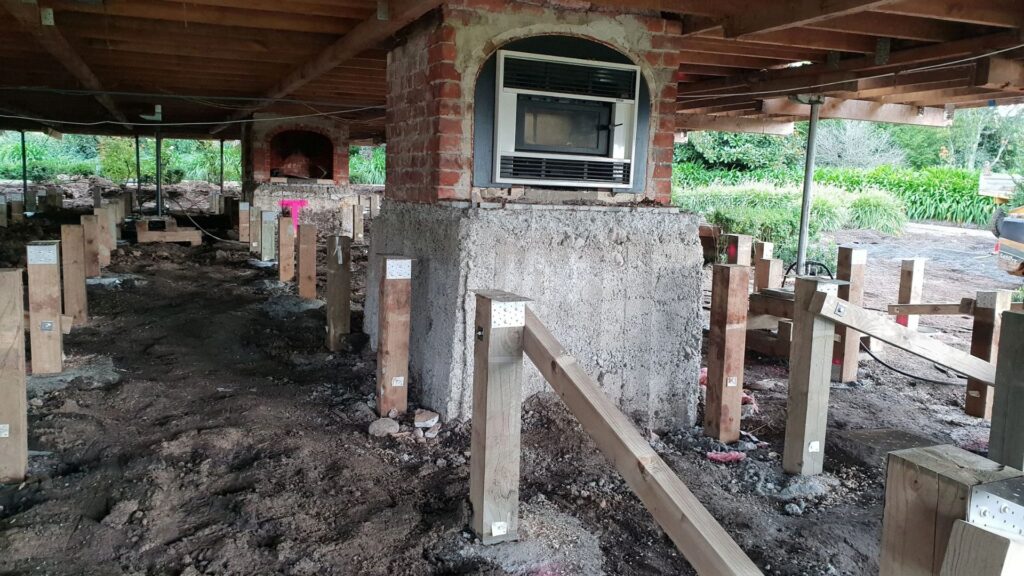
FAQs: About Cost To Repile A House In Wellington
Repiling a house means replacing or repairing the foundation piles that support your home.
The average cost ranges from $20,000 to $50,000, depending on house size, access, and soil conditions.
Sloping floors, sticking doors, wall cracks, and visible rotting piles are common signs.
Most projects take 3–6 weeks, depending on the house size and complexity of the work.
Yes, in Wellington, council approval and permits are usually required for repiling.
In some cases, yes, but it depends on the extent of work. Often, temporary relocation is advised.
Common materials include treated timber, concrete, and steel piles, chosen based on soil and house needs.
Most standard home insurance policies do not cover repiling unless damage is from a specific insured event.
Quality piles can last 50–100 years if properly installed and maintained.
Look for licensed builders with local experience, clear quotes, references, and insurance coverage.
Conclusion
Repiling is a major investment, but it plays a critical role in keeping your Wellington home safe, stable, and valuable for the long term. By addressing foundation issues early, you can avoid costly structural damage and ensure your property remains secure for decades. If you notice signs such as sloping floors, cracks in walls, or rotting piles, it’s best not to wait—an inspection can give you peace of mind and a clear understanding of the work required. Every house is different, and costs will vary depending on factors like size, access, and soil conditions, so getting a tailored quote is the most reliable way to know what to expect. If you’re in Wellington and suspect your house may need repiling, reach out to a trusted local expert today to schedule an inspection and receive a detailed estimate that fits your specific situation.
About the Author:
Mike Veail is a recognized digital marketing expert with over 6 years of experience in helping tradespeople and small businesses thrive online. A former quantity surveyor, Mike combines deep industry knowledge with hands-on expertise in SEO and Google Ads. His marketing strategies are tailored to the specific needs of the trades sector, helping businesses increase visibility and generate more leads through proven, ethical methods.
Mike has successfully partnered with numerous companies, establishing a track record of delivering measurable results. His work has been featured across various platforms that showcase his expertise in lead generation and online marketing for the trades sector.
Learn more about Mike's experience and services at https://theleadguy.online or follow him on social media:
